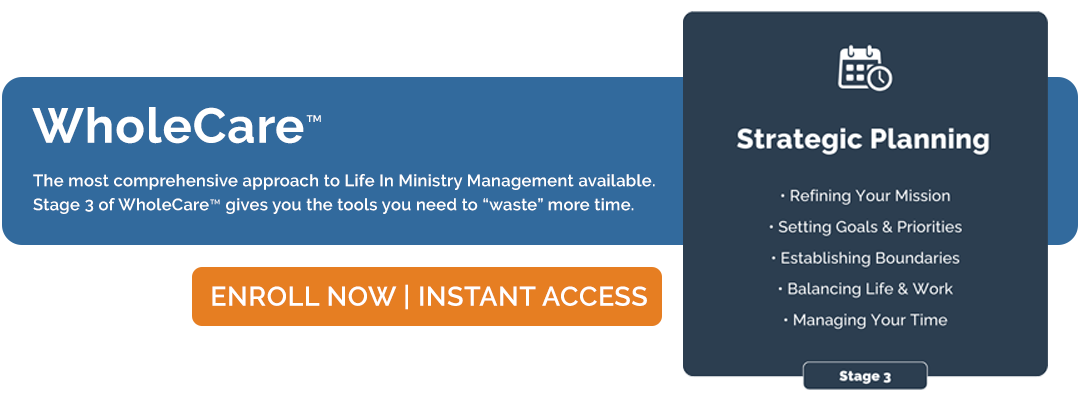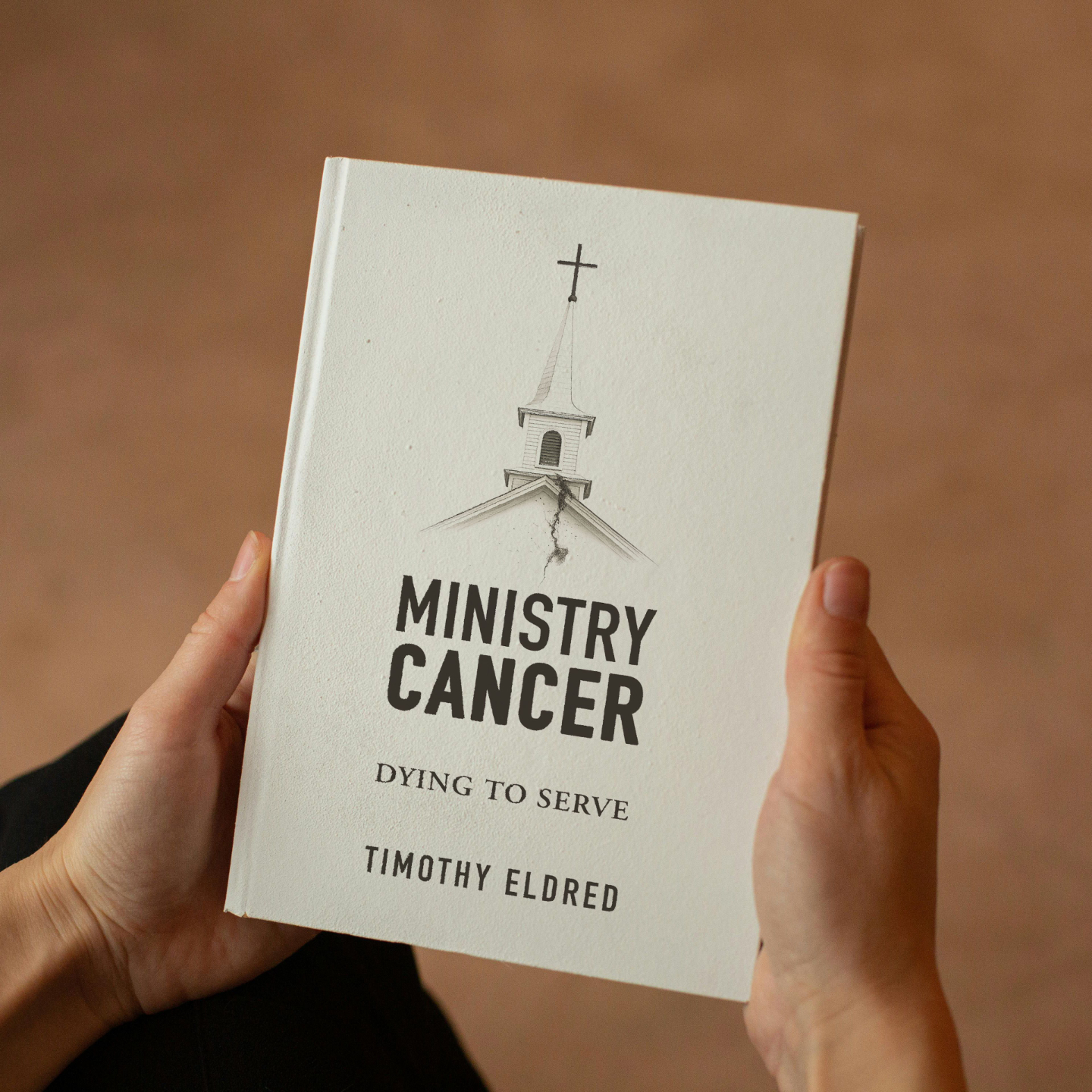The Art of Wasting Time

I just got home from a 10-day vacation with my wife in Montana. And the first question I was asked was, "What did you do?" People are shocked by my answer when I tell them, "Nothing, it was a waste of time."
Have you ever caught yourself marveling at how adept our world has become at wasting time? I’m right there, too. From Netflix marathons to endless hours scrolling through social media, I’m a master time-waster. But here’s a twist: what if this "wasted time" could be our most significant ministry tool?
A youth ministry friend from Australia dropped this gem on me decades ago. He said, “Develop the habit of wasting time with your students.” This advice, while focused on youth, has broader implications for all facets of ministry. The essence? True impact—whether with teens, adults, seniors—or your family—comes from intentionally investing our time in seemingly unproductive ways.
"If our efficiency doesn't ultimately serve to deepen our relationships with others, then its value is deeply questionable."
I've used that nugget for almost 20 years now when planning my life. And specifically, when creating my weekly schedule. Before I block out time for tasks, I fill my calendar with "appointments" for people to do nothing but "waste time" with them. No conversations about plans, programs, or projects. Just time to connect without any other agenda than taking an interest in their lives.
Consider the hours of your life lost to distractions that prevent you from being present with others. Then imagine reallocating just a fraction of that time to genuine engagement. The reality is that much of what we do under the guise of ministry—from endless planning sessions to crafting perfect programs—might miss the mark. These tasks, though well-intentioned or even necessary, often leave us isolated, and busy behind desks rather than actively engaged in the lives we aim to impact.
The Gospel of Presence
A glance at the Gospels reveals how Jesus’ ministry was profoundly relational. He didn’t rush from task to task; he lingered. Jesus dined with sinners, engaged with outcasts, and took time to know individuals deeply. His example underscores a potent truth: life-changing ministry is rooted in relationships—not efficiency. While efficiency and productivity are often hailed as virtues in our fast-paced world, in the realm of ministry, they can sometimes lead us astray. If our efficiency doesn't ultimately serve to deepen our relationships with others, then its value is deeply questionable.
5 Ways to Waste Time
-
Prioritize Presence Over Programs: Before adding another meeting to your calendar, block out time for intentional presence to simply be with others.
-
Listen Deeply: In every interaction, strive to listen more than you speak. Active listening can open doors to deeper understanding, connection, and impact.
-
Find Joy in the Mundane: Embrace everyday moments as opportunities for ministry. A shared meal, a casual conversation, or a cup of coffee can become sacred.
-
Plan for Spontaneity: Allocate time for unplanned engagements. Being flexible allows you to meet others where they are in moments when they might need you most.
-
Share Your Life: Let others see beyond your pastoral role. Share your hobbies, interests, and even your struggles. Authenticity builds trust and deeper relationships.
Why It Matters
In a world obsessed with efficiency and outcomes, embracing 'wasted time' as a ministry strategy may seem counterintuitive. Yet, it's precisely in these unstructured, agenda-free moments that we mirror Jesus' approach to ministry. This intentional shift towards presence isn't just about forsaking the superficial for the meaningful. It's about redefining success in ministry to align with the relational heart of the Gospel.
If "wasting time" was at the heart of Jesus’ ministry, then it should claim a central place in ours too. The next time you catch yourself "doing nothing" with someone, hold onto this truth: you're not just passing time—you're engaging in one of the most sacred acts of ministry. So shut down your computer, and leave your office, and focus on relationships.
The remarkable thing you'll find is that as you invest in people, the rest—those tasks and to-dos that seem so pressing—will sort themselves out. The relational equity you develop will become the fabric that strengthens and sustains your ministry and proves what seems like "wasting time" is indeed your most valuable investment.
What are you waiting for? Time to get wasting. ◼︎
If you found this article helpful and want them in your inbox, sign up here.
We’ll send you each article plus updates from The Authentic Pastor that cut through the noise. No spam, just the good stuff—you can unsubscribe anytime.


